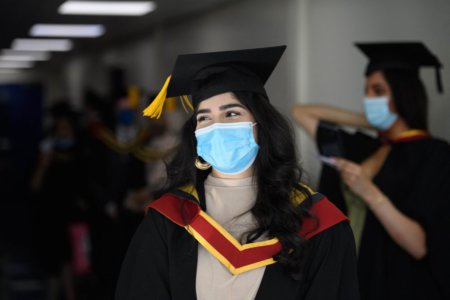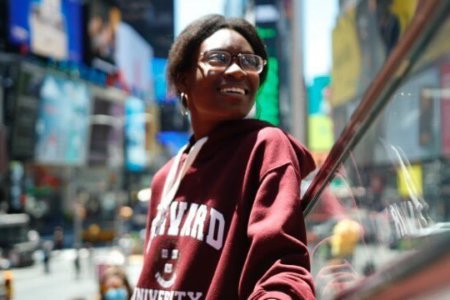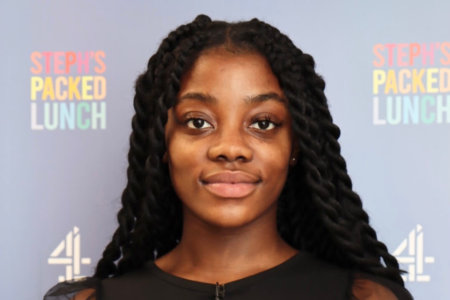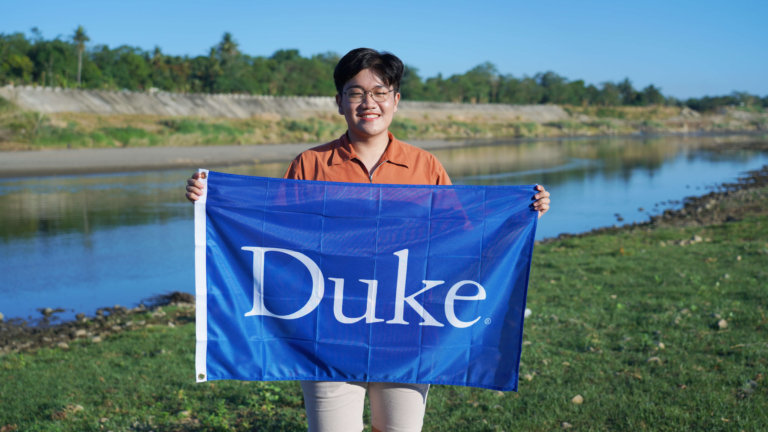
Edrian Paul Liao plans to take Filipino farming to the 21st century. The 18-year-old from Isabela, the Philippines, is the recipient of the Karsh International Scholarship. It will cover his journey, from accommodation to tuition fees, at one of the top universities in the world: Duke University.
Liao aspires to major in mechanical engineering, minor in computer science and pursue a certificate in aerospace engineering. His ultimate goal? Providing microsatellites that can help minimise the harsh effects of the weather to farmers back home.
Born to a farmer and a midwife, Liao knows the potential impact of such technology. Farmers in the Philippines endure typhoons, monsoons and all sorts of natural disasters that can decimate their months-long, back-breaking work in mere hours. “At least for this issue, I would be able to help and uplift the millions of farmers in the Philippines,” he says in an interview with Manila Bulletin.
That’s not all. Liao is also the co-founder of π-oneers (pronounced as “pioneers”), a non-profit providing free online tutorials in math and science. This group helps around 350 high school members all over the Philippines.
Below we speak to this future Duke University student via email about his US$328,000 scholarship, his interest in STEM (an acronym for science, technology, engineering and mathematics) and what advice he has for those who want to follow in his footsteps:
Where does your passion for STEM come from? Is there a personal backstory behind this?
STEM has a lot of applications to our lives but unfortunately in the Philippines I can’t see a significant impact. One example would have to be the annual typhoon season.
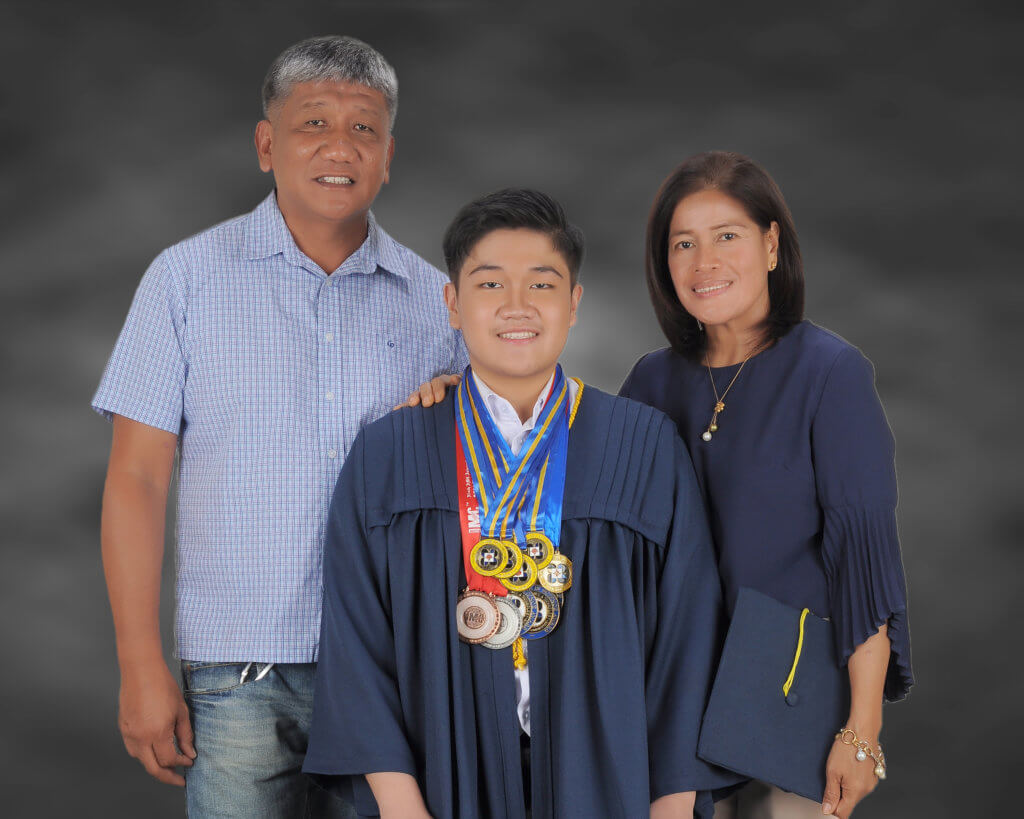
Liao plans to buld microsatellites that could potentially aid in minimising the harsh effects of extreme weather on crops. Source: Edrian Paul Liao
Every year, this destroys a large portion of the farmers’ crops. Satellite technology has the greatest potential in minimising the damages but in my country it still hasn’t impacted the agricultural system. Hopefully, when I return, I will be able to facilitate my hopes for a nationwide innovation.
What made you apply for the Karsh International Scholarship to study at Duke University? Walk us through the application process.
Aside from the full-ride scholarship it provides, research or special project funding is also given to the scholars every year to enrich their passion and skills. As someone who loves to initiate passion projects, I was drawn to apply.
Besides this, I knew I’d be able to meet a lot of current scholars and alumni who together will constitute a strong, tight-knit and most especially, diverse community. Applying to Duke University also meant I could apply for the merit-based scholarship programmes.
I applied for Early Decision. So, last December, I was already given generous financial aid that led me to enroll immediately after receiving my acceptance letter.
In March this year, I was notified that I was a finalist for the Karsh International Scholarship. Afterwards, we were invited to the orientation and underwent the finalist process.
We had to submit long and short essays, an updated resume and CV, and attend an interview with the scholarship directors. I was notified in April that I was chosen to be a recipient which I wasn’t expecting at all. I’m very thankful for this opportunity because getting admitted to Duke University is already a big accomplishment for me.
What made you choose to study mechanical engineering, computer science and aerospace engineering?
I wanted to choose degrees that would ultimately advance Filipino industries. With these degrees, I hope to contribute to my country’s improvement and expansion.
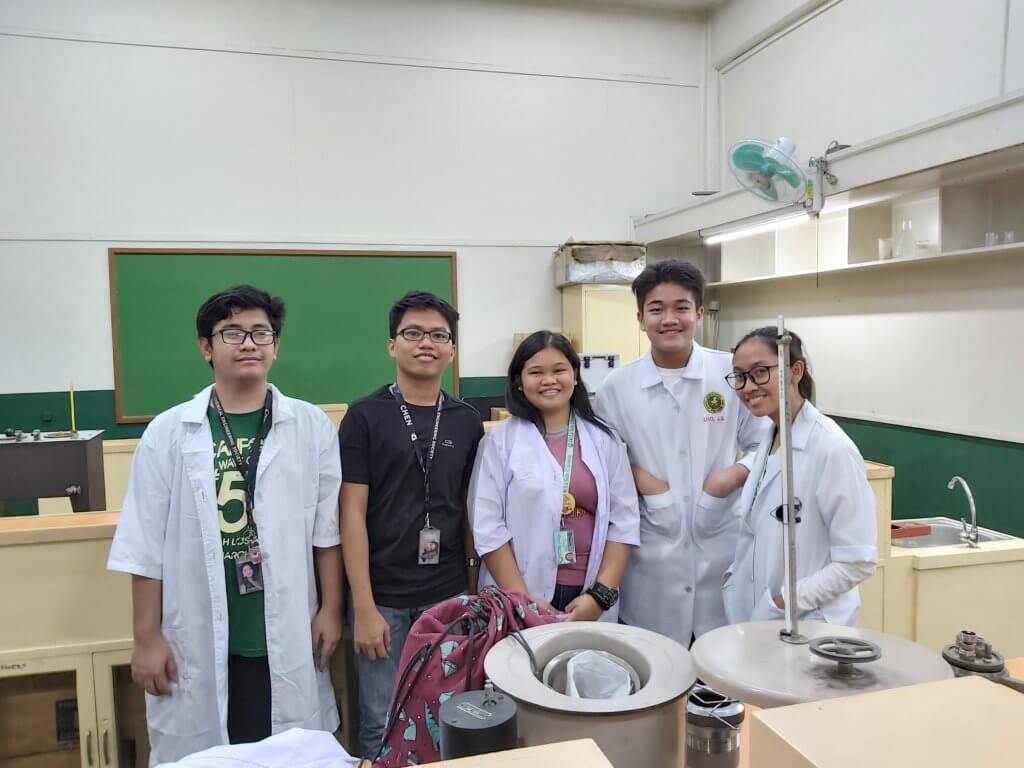
Liao is also the co-founder of π-oneers (pronounced as “pioneers”), a non-profit providing free online tutorials in math and science. Source: Edrian Paul Liao
Why did you choose Duke University and the US?
There are so many reasons to choose the US as a place to earn a college degree. A new and collaborative environment, multiple opportunities, and a diverse group of people are among some.
Primarily, I chose the US because of its holistic method of choosing successful applicants. They don’t just consider a person’s exams and grades but also their character and potential.
“Scholarship in the service of society,” is a quote that ultimately led me into choosing Duke University. With their co-curricular and extracurricular programmes like Bass Connections and DukeEngage, this uni is the perfect place to use what I know in bettering the communities I’m part of.
What difference do you think it would make if you studied at a local institution?
Honestly, there are many insights, knowledge and opportunities that I wouldn’t be able to access if I’d stayed in the Philippines. This, however, doesn’t mean that the US is the only path to success. The primary factor is yourself as a person.
What are you looking most forward to doing in the US?
Looking forward to being immersed in an entirely new culture, meeting people from different walks of life and most importantly, pursuing opportunities unique to Duke University and the country.
As an international student, what are the things you’ve prepared ahead of your arrival?
Currently, I’m planning my courses for the fall semester, searching for clubs and activities to get involved in, and studying a little so I can get acclimated to the US education system. I talk to classmates and upperclassmen for advice and possible friendships. I’m also asking for food place recommendations and getting tips on what essentials I should bring to enjoy (or survive?) a new environment.
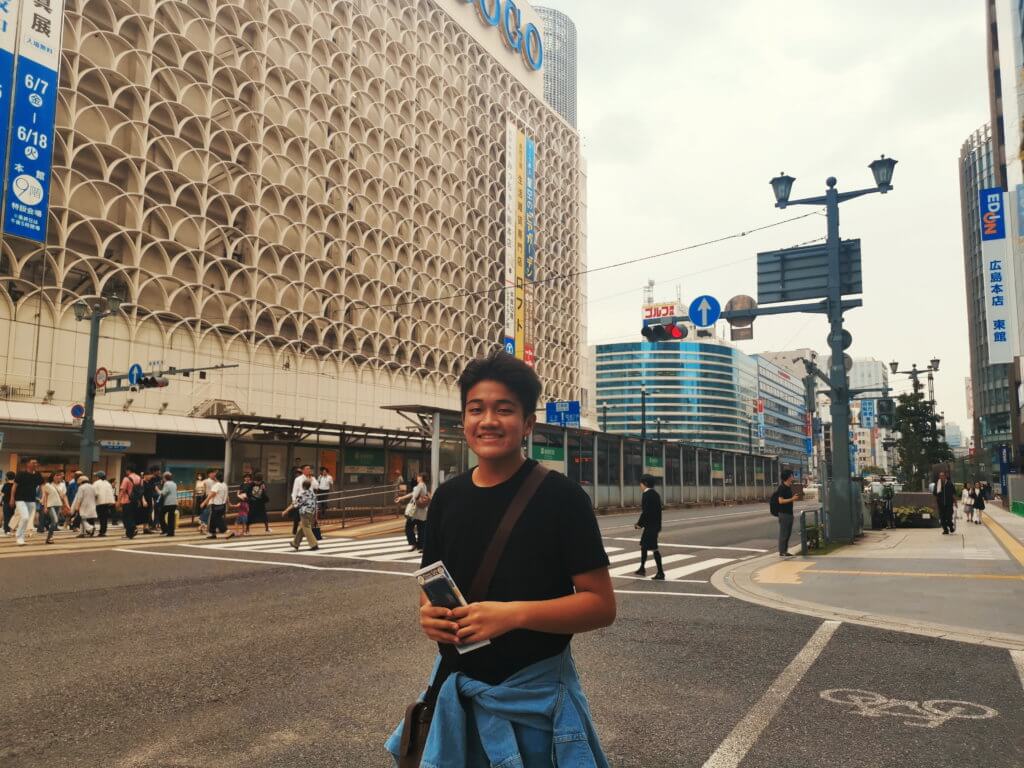
“STEM has a lot of applications to our lives but unfortunately in the Philippines, I can’t see a significant impact,” Liao says in regards to pursuing a local education. Source: Edrian Paul Liao
What are your academic goals?
For now, explore my interests and passions. I also want to maximise the resources as much as possible which includes getting my grades up as much as possible, pursuing research and internship opportunities and talking to world-renowned professors. I also want to connect with people who will be helpful in my future career.
What do you plan to do after graduating?
I’m still unsure of what to do after college. Either go to graduate school or work. After several years of experience, I plan to come back to my home country.
Is there anything from home you think you’d miss the most?
Family and friends for sure! I cannot replace them of course. But surely, I’ll be meeting many people in the US and hopefully build a second family that will consist of friends, classmates, colleagues, Filipinos around the area and more.
Do you have any advice for students looking to apply for the same scholarship?
Conduct comprehensive and intensive research on schools in the US that offer the aid or scholarship you desire. Don’t be blinded by prestige. Find the ones you know you’ll be able to thrive in as both a student and a person.








